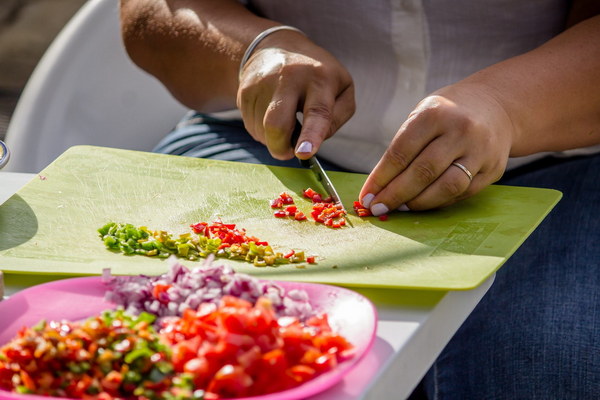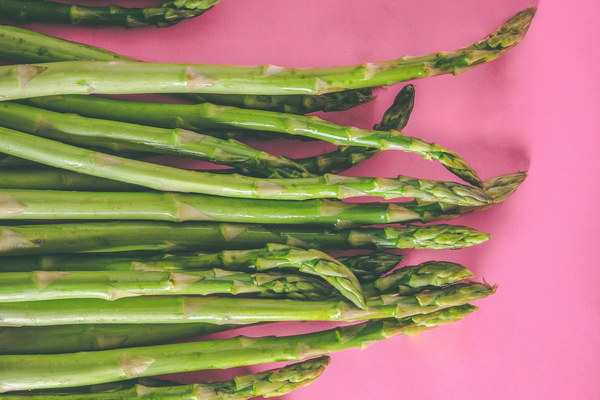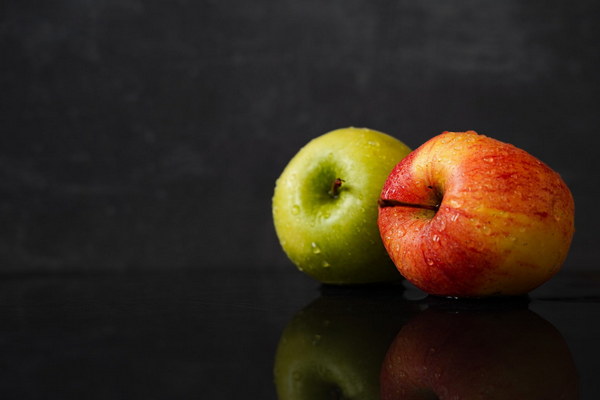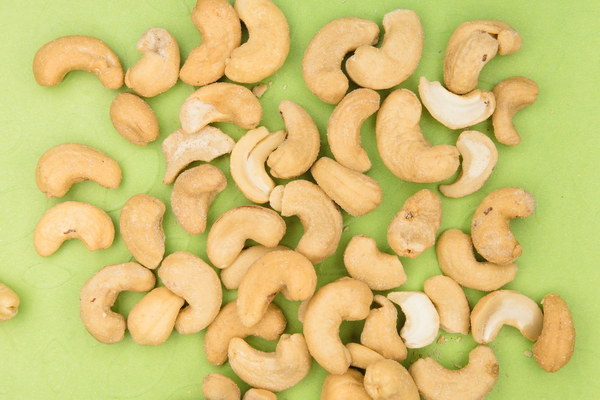Nurturing Kidneys, Strengthening Spleen, and Protecting Liver A Journey with Traditional Chinese Herbs
In the realm of traditional Chinese medicine (TCM), the health of the kidneys, spleen, and liver are of paramount importance. These organs are not only vital for physical well-being but also for emotional balance and overall vitality. This article delves into the world of TCM, exploring the significance of kidney, spleen, and liver health, and highlighting some of the most renowned herbs used to nurture and protect these essential organs.
Understanding the Kidneys, Spleen, and Liver in TCM
The kidneys, spleen, and liver are considered the three most important organs in TCM. Each organ plays a unique role in maintaining the body's balance:
1. Kidneys: Often referred to as the root of life, the kidneys are responsible for storing vital essence (jīng), which is essential for growth, development, and reproduction. They also regulate water balance, bones, and the sense of hearing.
2. Spleen: The spleen is responsible for transforming and transporting nutrients from food, producing blood, and maintaining the immune system. It is crucial for digestion, absorption, and the distribution of energy (qi).
3. Liver: The liver is in charge of regulating blood flow, storing blood, and maintaining emotional balance. It is also responsible for detoxifying the body and processing fats.
Herbs for Nurturing Kidneys, Strengthening Spleen, and Protecting Liver
TCM offers a wide array of herbs that can help nurture and protect the kidneys, spleen, and liver. Here are some of the most commonly used ones:
1. Goji Berries (Lycium barbarum): Known for their adaptogenic properties, goji berries help nourish the kidneys and liver, improve vision, and boost the immune system.
2. Dong Quai (Angelica sinensis): This herb is renowned for its ability to nourish the blood, regulate menstruation, and support liver and kidney health.
3. He Shou Wu (Polygonum multiflorum): Often referred to as the black hair herb, He Shou Wu is used to nourish the kidneys and promote hair growth, as well as to strengthen the bones and alleviate weakness.
4. Bai Zhu (Atractylodes macrocephala): This herb is used to strengthen the spleen, improve digestion, and alleviate symptoms of dampness, such as edema and fatigue.

5. Bupleurum (Bupleurum chinense): Bupleurum is a commonly used herb to support liver function, alleviate stress, and improve mood.
6. Scute (Scutellaria baicalensis): Scute is known for its anti-inflammatory and antibacterial properties, making it beneficial for liver protection and the treatment of various liver diseases.
Combining Herbs for Optimal Results
In TCM, the use of herbs is often tailored to the individual's specific constitution and condition. Practitioners may combine various herbs to create a personalized formula that addresses the unique needs of each patient. For instance, a formula for someone with kidney weakness may include goji berries, He Shou Wu, and other kidney-nourishing herbs, while a formula for liver congestion might include bupleurum, scute, and other liver-soothing herbs.
Conclusion
The kidneys, spleen, and liver are essential organs in traditional Chinese medicine, and maintaining their health is crucial for overall well-being. By incorporating TCM herbs such as goji berries, Dong Quai, and He Shou Wu, individuals can support the health of these vital organs, promote vitality, and enhance their quality of life. However, it is always best to consult with a qualified TCM practitioner before starting any new herbal regimen.









